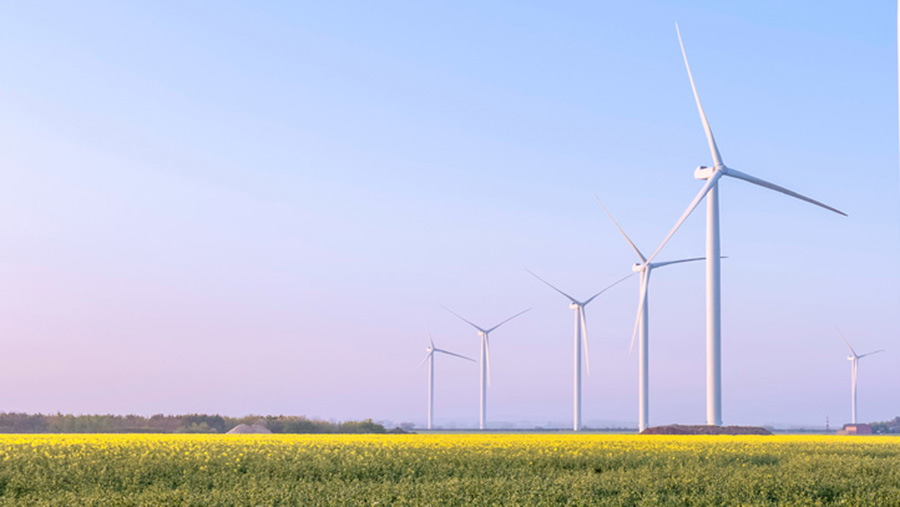Advertiser content
Shaping agriculture’s transition to a net zero future
 © Lloyds Bank
© Lloyds Bank The journey to net zero is set to shape the agricultural sector over the coming decades.
Farmers are beginning to feel the impact of ambitious international agreements to tackle the dual crisis of climate change and nature loss, which are filtering into UK agricultural policy and supply chain requirements.
Against a backdrop of rising prices and political and economic uncertainty, positive environmental interventions can boost business resilience due to the strong correlation between reduced carbon emissions and improved financial performance.
Keeping net zero and wider-environmental issues at the forefront of farm business strategy opens financial opportunities through greater access to post-Brexit farm subsidies.
Emerging private markets for carbon, biodiversity net gain and nutrient neutrality could offer farms future funding prospects.
Knowing where to start and identifying actions that will have the biggest positive impact on farm finances and the environment is often the hardest part.
Lloyds Bank’s latest report – Shaping agriculture’s transition to a net zero future – outlines critical recommendations to accelerate the agriculture sector towards a net zero future. This includes:
- What net zero is and why it matters
- Key drivers of net zero in agriculture
- Practical, sector-specific recommendations for farms to transition to net zero
This industry-wide transition will be driven by key sustainability themes and emerging practices, such as regenerative agriculture.
It will also require investments and innovation that will help to protect businesses from the current volatility in feed, fuel and fertiliser markets.
Read the report on the Lloyds Bank website. (PDF)
Lloyds Bank has a range of further support for the sector, just visit their Sustainable Agriculture hub.
Authorised by the Prudential Regulation Authority and regulated by the Financial Conduct Authority and the Prudential Regulation Authority under Registration Number 119278.
Provided by
Lloyds Bank is committed to being a leading UK commercial bank for sustainable growth, helping our clients’ transition to sustainable business models and operations, and to pursue clean growth opportunities.
